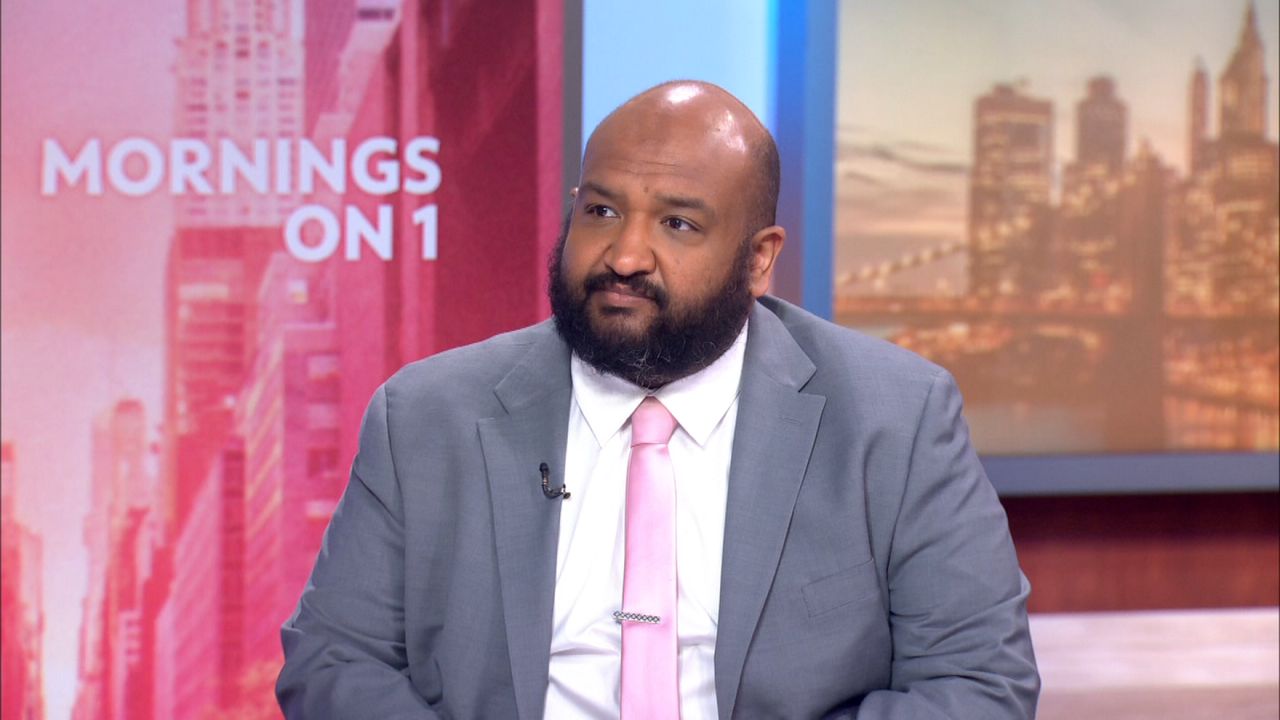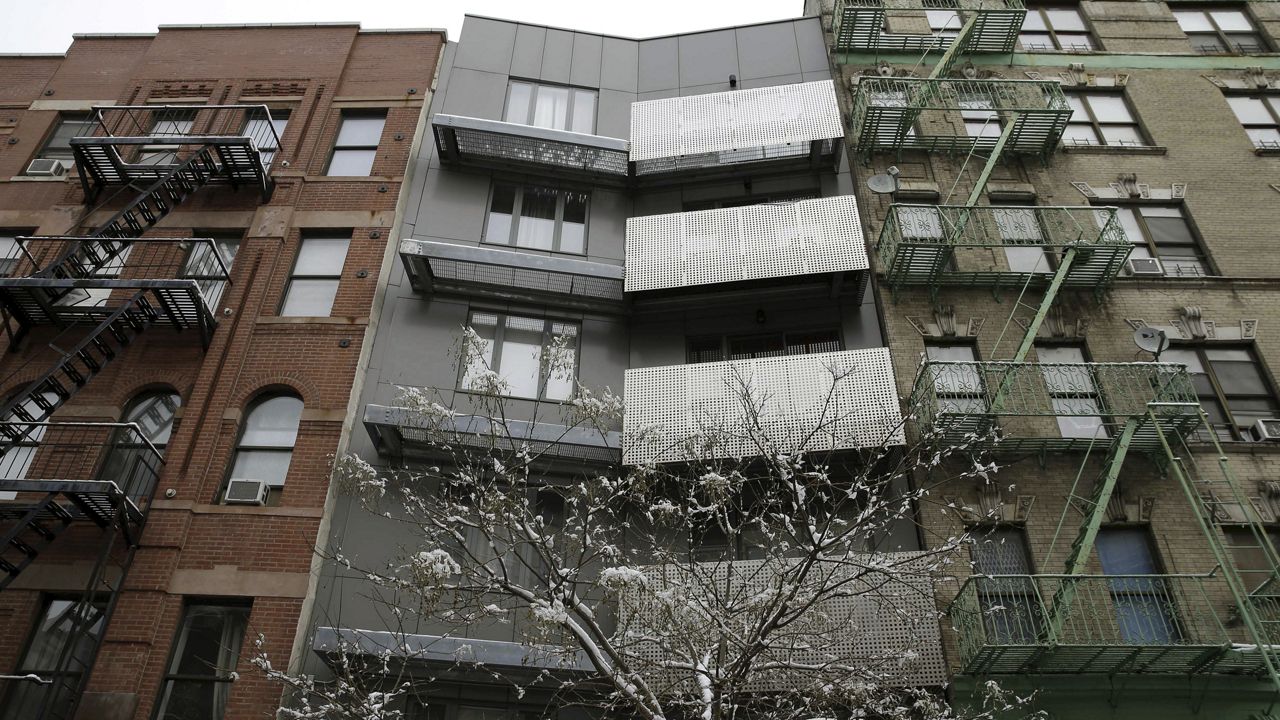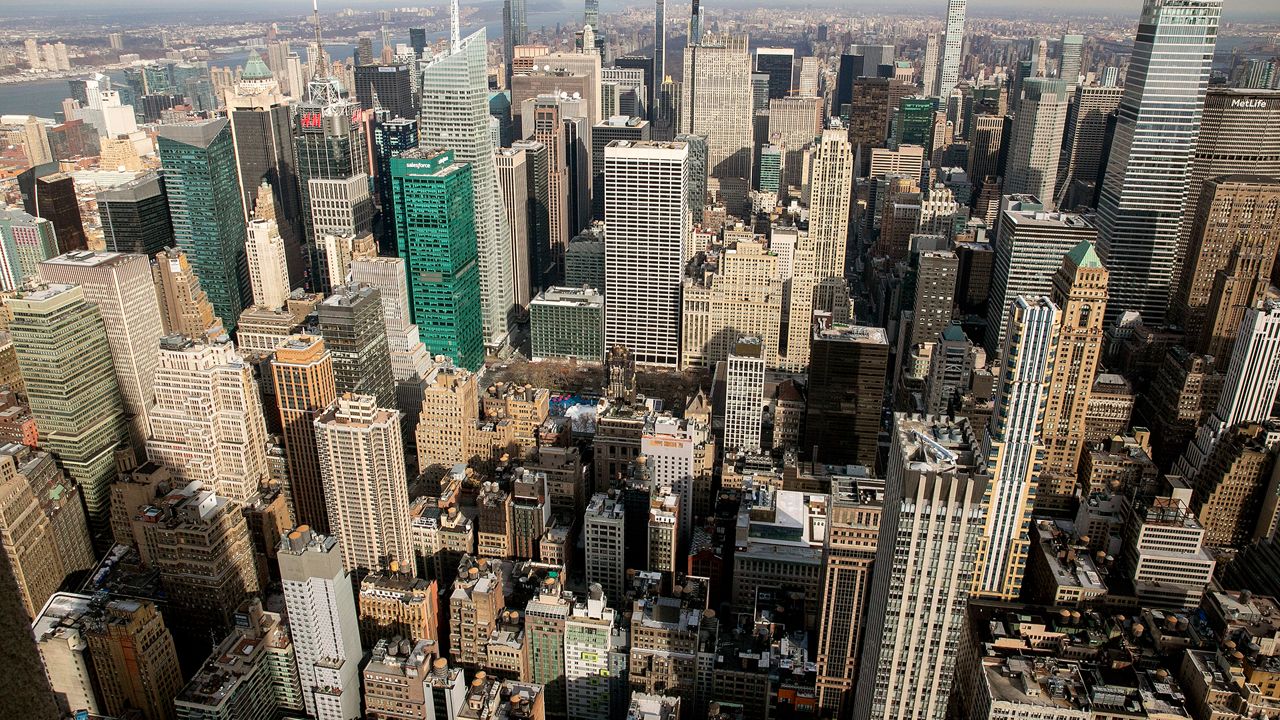The Rent Guidelines Board will decide in a few months whether to raise rents on New Yorkers living in rent-stabilized apartments, and they heard reasoning for both sides on Thursday.
Severely rent burdened is when someone is paying more than half their income in rent, and about a quarter of New Yorkers are doing just that, according to data released by the city in the annual Income and Affordability Study.
Additionally, 13% of renters missed a payment this past year, and half of them have a household income below $100,000.
On the other hand, Robert Riggs from the Community Preservation Corporation said expenses for apartment buildings are far outpacing money they’re bringing in.
He said a growing number have deficiencies in finances or quality of the units. Out of more than 800 apartment buildings with loans that they deal with, he said half are in that boat.
The only way to fix buildings in financial distress: decrease costs, meaning spending on the buildings; or increasing revenue, which means raising rents.
Last year, one-year leases rose 3% and two-year leases rose 2.75% the first year and 3.2% the second year, as decided by the Rent Guidelines Board.
All this comes at a time when data released Wednesday from the consumer price index, which measures inflation, jumped 3.5% from March 2023 to March 2024.
That could be troubling for both renters and landlords. It means money is not going as far as it did a year ago, and it means interest rates will likely not drop, which means for building owners that are in financial distress, refinancing may not be an option.




_PKG_RGB_MEETING_FIX_129501970_0?wid=320&hei=180&$wide-bg$)




_PKG_Hudson_Yards_Zoning_Hearing_CG)